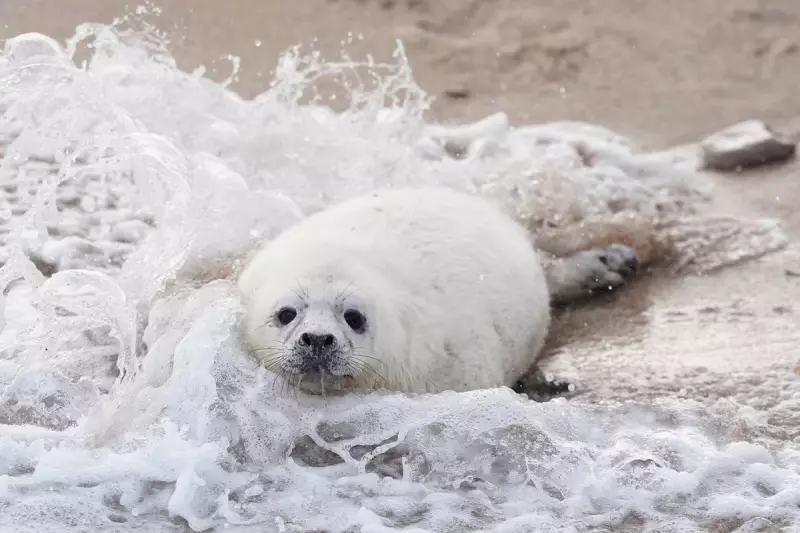
World's Longest-Running Seal Census Embraces the Drone Age
The world's most enduring scientific study of grey seals has commenced once again on the remote Farne Islands off the Northumberland coast. This remarkable annual census, which first began in 1952, represents the longest-running population survey of its kind anywhere on the globe. Rangers have now started the critical work of monitoring the number of grey seal pups born each season, a vital task for understanding the health of this key marine species.
From Paint to Drones: A Technological Leap
The methods used for this important count have undergone a revolutionary change. Historically, rangers conducted the survey using a much more intrusive technique: physically painting marks onto the seals' fur. This practice was not only disruptive to the animals but also presented significant dangers to the rangers working in close quarters with the large wild creatures. Today, the process has been modernised. Drones are now deployed to monitor the colonies from above, providing accurate data with minimal disturbance and greatly enhanced safety for the conservation teams.
A Conservation Success Story
The data collected over the decades paints a compelling picture of a thriving population. When the study was initiated in 1952, the number of pups recorded was approximately 500. The most recent data from 2024 shows a staggering increase, with 3,624 pups counted. This dramatic growth has firmly established the Farne Islands as one of the largest and most significant grey seal colonies in England. The annual monitoring is crucial, providing invaluable insights into the species' resilience and its ability to adapt to ongoing environmental pressures, including the challenges posed by rising sea temperatures.
This long-term dataset is more than just numbers; it is the foundation for effective conservation strategy. By tracking the population so meticulously for over seventy years, scientists can better understand how to protect these iconic British mammals for generations to come, ensuring the Farnes remain a stronghold for grey seal pups.





